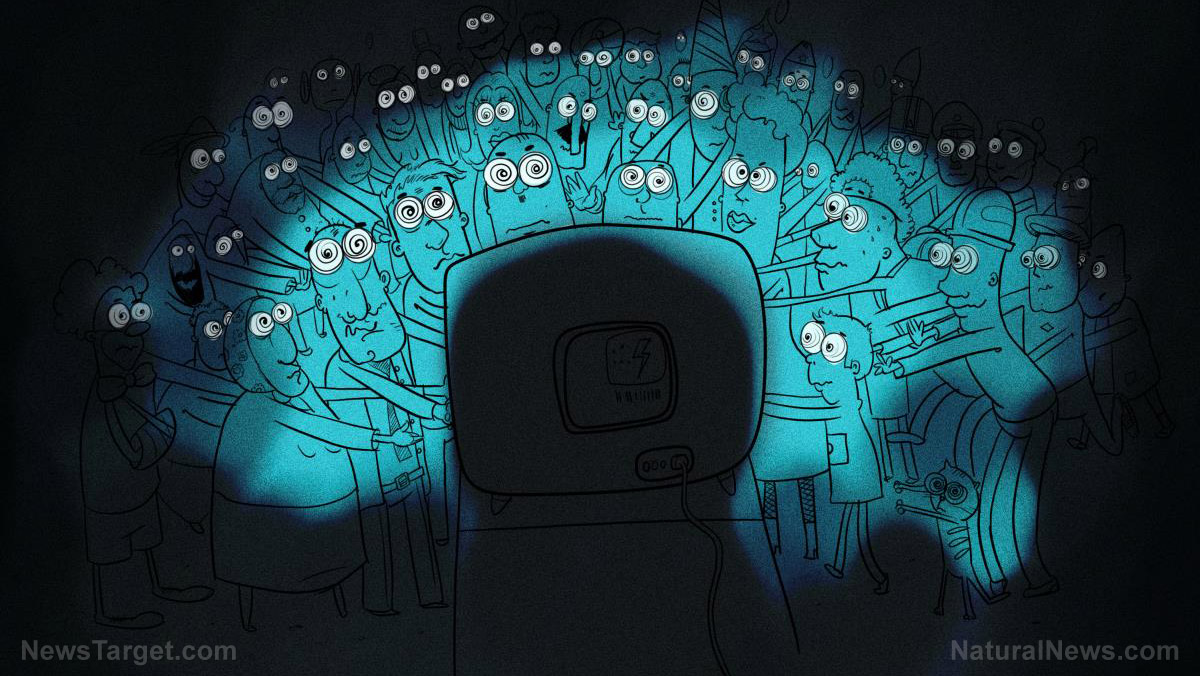California proposes sharp reductions in subsidies for residential solar customers
12/15/2021 / By Arsenio Toledo

Energy regulators in California on Monday, December 13, proposed sharp reductions in subsidies for residential solar customers. People from the solar industry have warned that such a move could threaten thousands of jobs.
This proposal was announced by the California Public Utilities Commission (PUC), the state’s main agency that regulates public utilities such as electricity. Residential solar customers would get lower credit for all the excess electricity they sent back to California’s ailing power grid.
Solar customers in Southern California currently receive between 17 to 44 cents per kilowatt-hour from the state for their excess solar energy during the summer. If the PUC’s proposal pushes through, solar customers in the same area and at the same time of the year would only be eligible to receive anywhere between less than 10 to 30 cents per kilowatt-hour, depending on the time of day.
According to the PUC’s proposal, current rooftop solar panel users will have to pay a new grid-connection fee that will cost them an average of $40 a month.
Homes with rooftop solar panels that are already connected to the state’s power grid will be transitioned to the new rates 15 years after their solar energy was first connected. Homeowners considering installing rooftop panels would be given a four-year credit period to help them transition to the new, lower rates.
The state is also setting up a $600 million fund to help lower-income residents to transition to solar energy. Going solar would also exempt ratepayers from the monthly solar connection fees.
Commissioner Martha Guzman Aceves said the change is supposed to incentivize rooftop solar panel owners to install batteries that can store energy, along with solar arrays to help the state deal with its regular electricity shortages.
“The reform is about incentivizing the right thing we need today for the grid, for the benefit of all ratepayers,” said Aceves.
Solar industry opposed to the changes
According to the PUC, it reviewed the state’s current credit policy and found it was actually not cost-effective and that it unduly harmed California homeowners without solar panels by forcing them to shoulder the costs of maintaining the electric grid.
These California ratepayers disproportionately come from lower-income households and the PUC’s review found that they spend about $3 billion a year to support net metering.
Aceves said in an interview that the funds the state paid out to solar homeowners would be better directed elsewhere. She said the money could be redirected to large-scale energy projects that benefited everyone, not just the disproportionately wealthier homeowners with solar panels on their roofs. (Related: Installing solar panels over canals could save California 65 billion gallons of water a year, researcher claims.)
However, California’s solar power industry said the proposal would threaten the entire industry. It could cost not just the state but the entire country thousands of jobs in the solar industry and it could impose the highest fees for solar power.
People from the solar industry also said the changes will deter more homeowners in the state from installing rooftop solar panels, slowing down the development of the entire industry.
“Only the wealthiest Californians will be able to afford rooftop solar, shutting out schools, small businesses and the average family,” said Abigail Ross Hopper, CEO of the Solar Energy Industries Association, in a statement. “The only winners today are the utilities, which will make more profits at the expense of their ratepayers.
California residents, ratepayers and rooftop solar homeowners alike, have until early next year to respond to the PUC’s proposed changes. The commission is expected to make a final decision by then.
The Golden State is home to about 40 percent of the nation’s residential solar energy capacity. According to the solar industry, California’s subsidy program helped spur the installation of 1.3 million new home solar systems. This accounts for 45 percent of the country’s new home solar power installations. Without the subsidies, the industry is worried it will have to shrink, costing thousands of jobs.
Learn more about solar panel usage in the U.S. at SolarPanels.news.
Sources include:
Tagged Under: big government, California, Collapse, electricity, electricity shortage, energy, energy supply, homeowners, power grid, solar industry, solar panels, solar power, stupid
RECENT NEWS & ARTICLES
COPYRIGHT © 2017 STUPID.NEWS
All content posted on this site is protected under Free Speech. Stupid.news is not responsible for content written by contributing authors. The information on this site is provided for educational and entertainment purposes only. It is not intended as a substitute for professional advice of any kind. Stupid.news assumes no responsibility for the use or misuse of this material. All trademarks, registered trademarks and service marks mentioned on this site are the property of their respective owners.




















